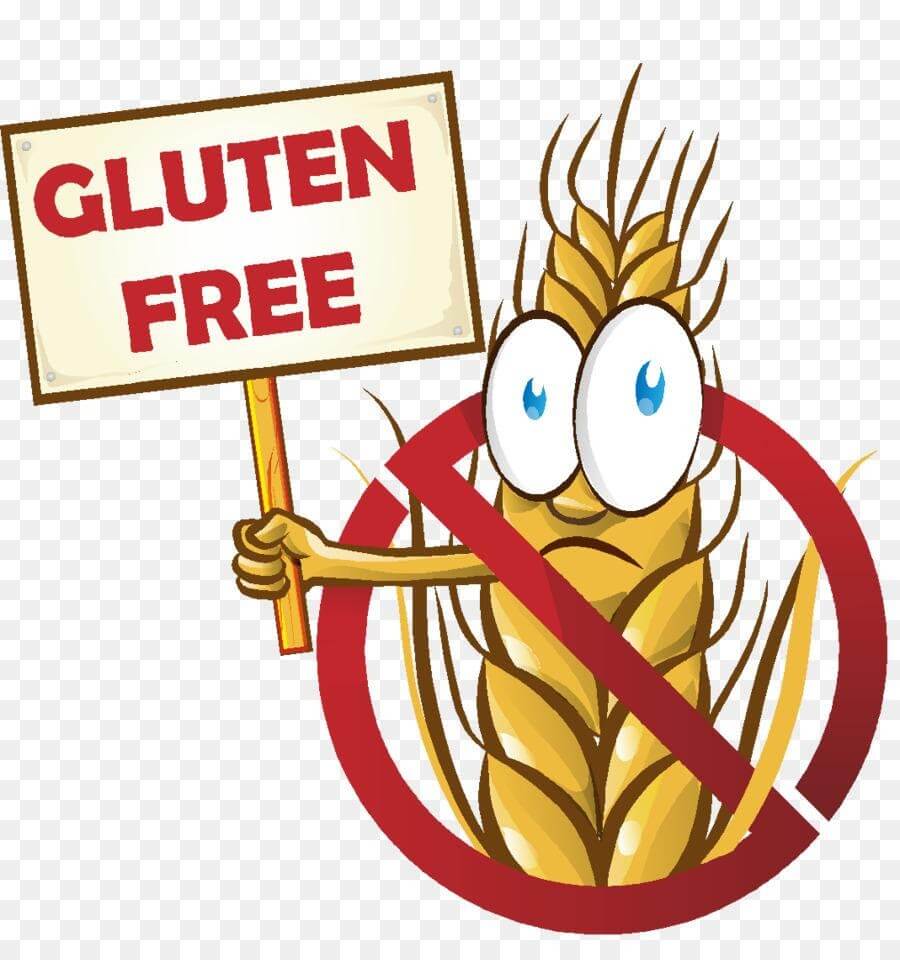
You should know that the gluten-free diet excludes most grains, and it is suggested for the people who have celiac disease as well as gluten sensitivity. For other people, going gluten-free might be unhealthy. However, the benefits or risks of a gluten-free diet should be carefully weighed. It is essential if anyone is starting the new diet.
What is gluten?
Gluten, a protein is used in making bread products chewy as well as also gives them an elastic quality. However, it is essential to the making of baked goods. Along with this, there is a great need to know that gluten is the only protein that is found in food is indigestible. Its indestructible molecules may slip through your intestinal lining in order to cause inflammation in the intestines with celiac disease.
However, in healthy people, the inside of the intestine is lined with finger-like projections known as villi that aid the body absorb nutrients. In people suffering from celiac disease, gluten irritates the lining of the small intestine. In this way, it causes the immune system to attack the villi that can be destroyed.
The link between Autism and gluten
According to some of the recent scientific studies, it has been suggested that a gluten-free diet can help alleviate the signs of Autism in children as well as adults. However, there also have been conflicting findings. People reported that there is no significant change in their overall health. They also adopted a keto diet to reduce the symptoms. What is a keto diet and how it works click here to read?
Gluten-free risks
There is a great need to know that the people on gluten-free diets do not have any medically needed dietary restriction; they eat gluten-free as a fad diet. We all know that gluten-free foods have been pepping out, and many people seem to think that it must be healthy, but it’s not true.
Along with this, one of the biggest risks of going gluten-free is missing out on our healthy and well-balanced diet. It is fascinating to know that there are several gluten-free products on grocery store shelves; these items are just as unhealthy as their -based counterparts. Some of the examples are bread and bread products such as pancakes, crackers, waffles, snack chips, as well as pretzels made with white rice flour and cookies.
You should bear in mind that all the gluten-free foods such as refined foods processed in order to make them gluten-free, cheat the consumer out of the several health benefits of whole grains, these foods are lacking almost all the essential nutrients like fibre, zinc, folate, iron, niacin, riboflavin, calcium, thiamine, vitamin B12 and phosphorus.”
Healthy Gluten-free Diet
People who eat foods that are naturally gluten-free such as fruits, vegetables, whole grains, lean protein, healthy fats, it can be a healthy diet. On the other hand, if gluten-containing foods are replaced with highly processed gluten-free foods such as pastries, energy bars, it means that you will not lose weight. If you want further information regarding healthy gluten-free foods, click here.
What to eat; what not to eat
There is great need to know that some grains are naturally gluten-free that are brown rice, buckwheat, wild rice, millet, corn, teff, amaranth, sorghum along with this, and oats are also naturally gluten-free. Let’s have a look at some of the beneficial gluten-free foods that are allowed to eat.
- beans, seeds and nuts in their natural form
- fresh eggs
- buckwheat
- gluten-free flours
- hominy
- sorghum
- soy
- tapioca
- fresh meat, poultry and fish
- fruits and vegetables
- most dairy products
- amaranth
- arrowroot
- teff
Along with this, there is also great need to avoid all foods or drinks that contain barley, rye, triticale and wheat. Always prefer home-made fresh foods and beverages in order to reduce the overall symptoms. Along with this, some of the foods should be avoided unless they are labelled as gluten-free.
- beer
- French fries
- cookies and crackers
- pasta
- bread
- cakes and pies
- candies
- cereals
- meats
- salad dressings